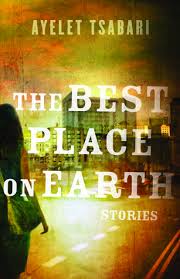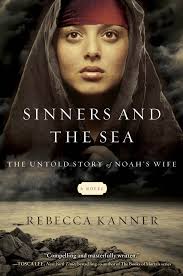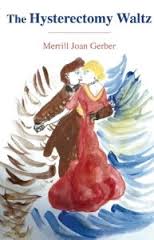Theodor Herzl, George Eliot, and Me
If you follow me on Goodreads, you know that not long ago, I was reading George Eliot’s Daniel Deronda.
Today’s edition of Jewish Ideas Daily features some reflections on that reading.
In the beginning, there was Theodor Herzl. Or so I thought. I have a Ph.D. in European history, but I have long been aware of the deficiencies in my knowledge of Jewish history and my Israel literacy. So when I discovered the opportunity to take a non-credit course on Zionism here in New York, I jumped at the chance.
Once enrolled, I learned just how much Zionist history there was before Herzl. Our initial sessions were devoted to a variety of Zionist forerunners and an extensive documentary legacy that anticipated Herzl’s visionary 1896 pamphlet, The Jewish State.
I was dutifully taking notes during our second class meeting when our professor mentioned another text that expressed Zionist sentiments well before Herzl took up his mission. But unlike the writings of Rabbis Yehuda Alkalai and Zvi Hirsch Kalischer, or those of Leon Pinsker and Ahad Ha’am, this text was written in English, and by a woman who wasn’t even Jewish. Somewhat surprisingly, it wasn’t a polemic or a pamphlet. It was a novel by George Eliot (the pen name of Mary Anne Evans), Daniel Deronda, published in 1876, 21 years before Herzl convened the First Zionist Congress.
To read the rest of my essay, please click here.



